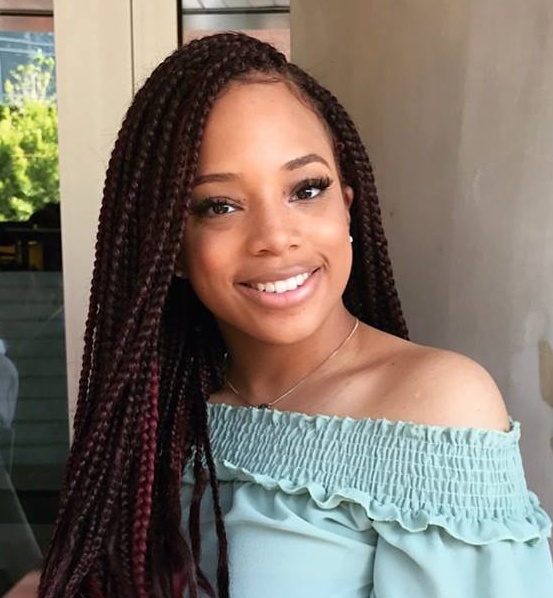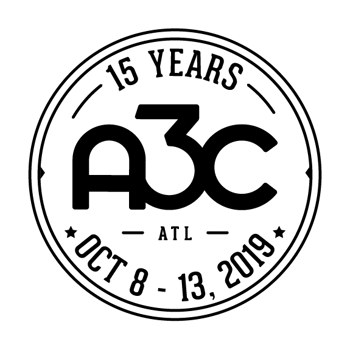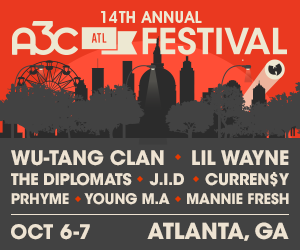The business of ghost writing has become a popular controversy in the entertainment industry. From Hip-Hop, to R&B, and covering just about every other music genre under the sun, artists of different talents are relying on paid writers to make valuable contributions to their music.
So why are rappers getting all of the shame for it?
Because the genre of hip-hop was founded at the intersection where honesty meets skill. When you think about the origins of Hip-Hop, (hopefully) you're able to remember a time when every lyric meant something. And not just something clever or witty --- each line was treated like a testament of the mind behind the mic.
But as much as hip-hop fans like to praise their favorite rappers for spitting ice cold lyrics, the fact of the matter is that many rhymers have at one time or another relied on the penmanship of their peers and occasionally even their competitors.
In the business of singing, it’s completely normal for entire songs to be written for an artist without the intended singer ever hearing a single lyric before the track is recorded. Unfortunately, the authenticity factor of Hip-Hop won’t tolerate such witchcraft. Rap fans appreciate honesty, and having someone else write your rhymes won’t get you any street cred.
In fact, one of the biggest rap beefs of the last decade was grounded in ghostwriting accusations. It’s been about a year since Meek called Drake out for not writing his own rhymes, and the topic of ghostwriting hasn’t been the same since their one-sided twitter feud.
Stop comparing drake to me too.... He don't write his own raps! That's why he ain't tweet my album because we found out! 😁
— Meek Mill (@MeekMill) July 22, 2015
He ain't even write that verse on my album and if I woulda knew I woulda took it off my album..... I don't trick my fans! Lol
— Meek Mill (@MeekMill) July 22, 2015
It’s safe to say that this would have been a much bigger beef back in the 90’s era of Hip-Hop when song lyrics were critically analyzed for accuracy. Now, writing for other people is completely normal.
“So if your favorite rapper has a ghost writer… then who’s really your favorite rapper?”
In Drake’s case, his career didn’t miss a beat when he was “exposed” for having a ghost writer. Some argue that the now-legendary Quentin Miller can’t really be associated with Drake as his “ghostwriter,” since he’s credited to all of the songs in which he made a contribution. According to Complex, “Rappers have employed ghostwriters since 1979. The real creative shift is in rapper's' willingness to extensively credit their co-writers in liner notes, and in public.”
It seems that fans care less about the process and more about how you credit the final results. For example, Kanye West has coined his own approach to songwriting, often referred to as the “Kanye-Model,” in which he invites some of the biggest names in songwriting to the studio for a collaborative affair. We know Kanye doesn't write all of his own songs, yet his name is always in the running for the title of “Best Rapper Alive.”
The question is: Is that fair? The industry has changed in more ways than one, and it may be time to add ghostwriting to a long list of adopted Hip-Hop practices.



